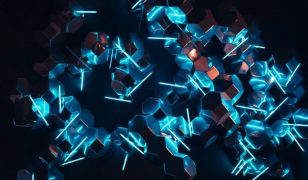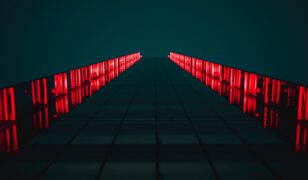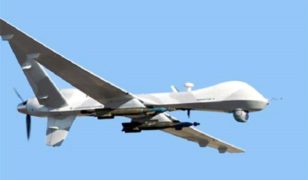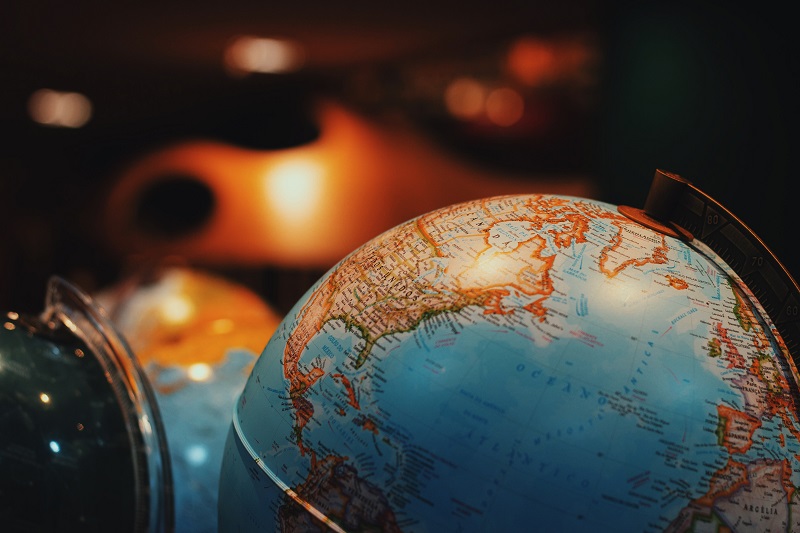DHS DNDO posts 2017 Industry Day announcement
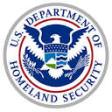 On December 8, the Department of Homeland Security posted a DNDO Industry and User Day 2017 announcement. Responses are due by December 23.
On December 8, the Department of Homeland Security posted a DNDO Industry and User Day 2017 announcement. Responses are due by December 23.
Please Save the Date: The DHS Domestic Nuclear Detection Office (DNDO) will host a two-day “Industry and User Day 2017” conference February 28 and March 1, 2017, at the Johns Hopkins University- Applied Physics Laboratory (JHU-APL) conference center in Laurel, MD. Unlike previous one-day DNDO Industry Days, this two-day event will include extensive discussions with government, industry, academia, and operational users. Multiple operational users from CBP, TSA, USCG, State and Locals, DOE, and DOD are being invited to participate in the event.
The conference will include plenary sessions, working groups, and an exhibit area. Due to expected demand, each company may need to limit the number of its participants. DNDO will provide limited exhibit space to industry and government partners to display their capabilities. Exhibit space will include access to electrical plugs and 6-foot by 3-foot tables, or 8-foot by 3-foot tables, with some room for free-standing posters or signs behind each table. Each exhibit will be set up (excluding the provided table), operated, and disassembled by the individual company or agency.
For planning purposes only, DNDO is requesting responses to determine how many organizations are interested in setting-up exhibits during the two-day event. Please note that due to space limitations it is important for organizations to express their interest in having an exhibit; closer to the event, DNDO will post a separate notice on FedBizOpps to obtain conference registrations and exhibit space reservations.
In addition, DNDO is requesting that organizations, industry, academia, and government partners provide conference topic areas of interest. Topics currently being considered include: 1) Working with DNDO, 2) Operational User Panel, 3) Technical Reachback methods, 4) Cybersecurity issues associated with Radiation Detection Equipment, 5) New Radiation Detection Technologies, 6) Replay/Algorithm Improvement Tool, 7) Open Architecture, 8) Networking, 9) Detection Standards, and 10) Detector Testing.
Full information is available here.
Source: FedBizOpps





